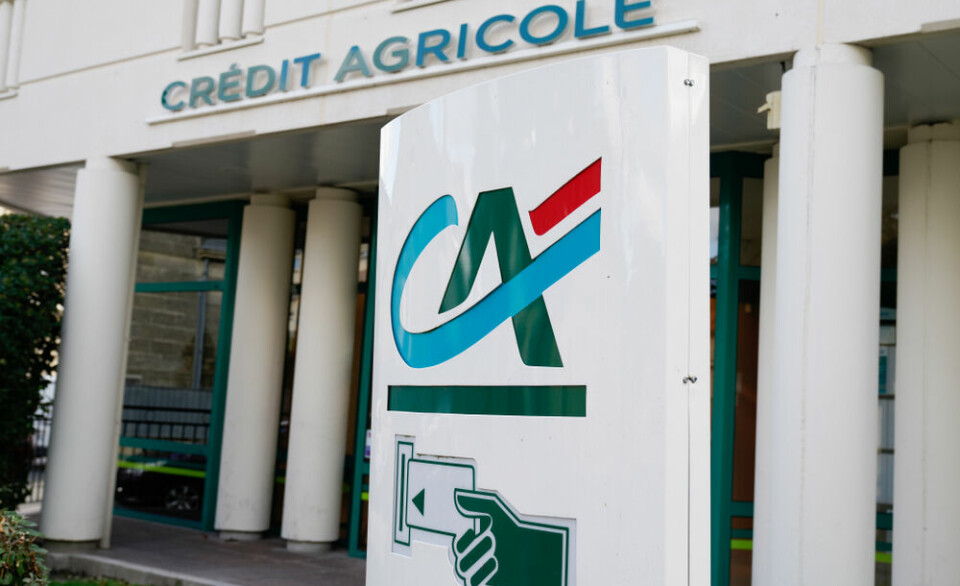Investing in France in an inflationary environment needs much thought
Christopher Davenport of Kentingtons looks at France's exceptional inflation levels in 2022, and whether it is set to become the norm
Investments can be eroded by inflation
Route66/Shutterstock
In 2022, inflation in France hit 6%, its highest level in nearly 40 years.
Inflation had previously ranged, in France, between zero and 3% since the 1980s.
Today, it is comfortably under 3%. The question is whether 2022 was a one off, or whether we are entering a period liable to bouts of intermittent inflation?
Additionally, if the latter, how should we position our investments?
What are the causes of inflation?
Perhaps our first instinct, when we think about the causes of inflation, is to imagine that inflation rises and falls in line with economic activity; for example, very strong economic activity leads to higher inflation. Generally, this is correct; however, a strong economy is not the only cause of inflation.
Indeed, the inflation of 2022 was certainly not caused by an exceptionally strong economy, even if the French economy was, of course, comparatively strengthening as we came out of Covid-induced lockdown lows. I would argue that two other factors were also at play.
Supply chains were certainly an issue. To be precise, there were two principal impact points: Russia (cereals, oil and gas) and China (manufactured goods).
Finally, adding fuel to the inflationary fire, were governments, aided and abetted by central banks. The latter printed money, allowing the former to take on debts, to distribute, at times ad hoc, throughout the economy.
In France, one of the most notable policies was the bouclier tarifaire for electricity, whereby the French government effectively subsidised electricity bills for all French residents.
Read more: Car repair and insurance costs on the rise in France
Covid impact on inflation
This is said to have cost over €70 billion between 2021 and 2024.
While undoubtedly some of the initial Covid spending was essential, the French government (and it is not the only one) almost certainly overspent, fueling inflation by pumping money into the economy.
So, coming back to our question in the introduction, what next? If we consider the three points above, we might conclude the following:
1) A strong economy. The French economy seems unlikely to overheat in the foreseeable future.
2) Supply chains. Supply chains appear vulnerable. China is a particular risk as Western economies are still heavily reliant on cheap goods from China. With tariffs, trade wars and protectionism back in vogue, higher prices for manufactured goods are a notable risk.
3) Government spending. Again, France is not alone, but Western governments appear increasingly incapable of balancing budgets and this situation seems increasingly acceptable. In the recent French elections, the majority of the parties called for increased spending. This means more money being pumped into the economy (via government debt), which ultimately can lead to inflation.
Inflation in 2022 was principally driven by points two and three above. On balance, we would argue that over the next decade inflation is unlikely to remain benign.
Read more: Navigating inheritance tax as a Briton in France
Where,and how, to invest in France
It is important to note that interest rates rarely keep up with inflation, so leaving significant funds in a bank/savings account runs the risk of said savings being diluted over time by bouts of inflation.
Adjusted for inflation, a global equity fund (in French, an OPC actions internationales or monde) has easily outperformed every other asset class in the UK since 1983. The same would be true in France.
The reason is quite simple: companies can, and will, raise their prices in line with inflation, thus generally continuing to make profits.
Indeed, salaries tend to go up too, meaning the people to suffer most from inflation, if they do not plan accordingly, are those living off capital and whose capital is eroded by inflation over time.
While we certainly would not suggest putting all one’s savings into a global equity fund, most people should consider some exposure to stock markets for long-term savings.
Investing does not need to be complicated, but it requires detailed analysis and planning, considering each person’s particular situation.
French qualified independent financial advisers are best placed to help you plan effectively.




























